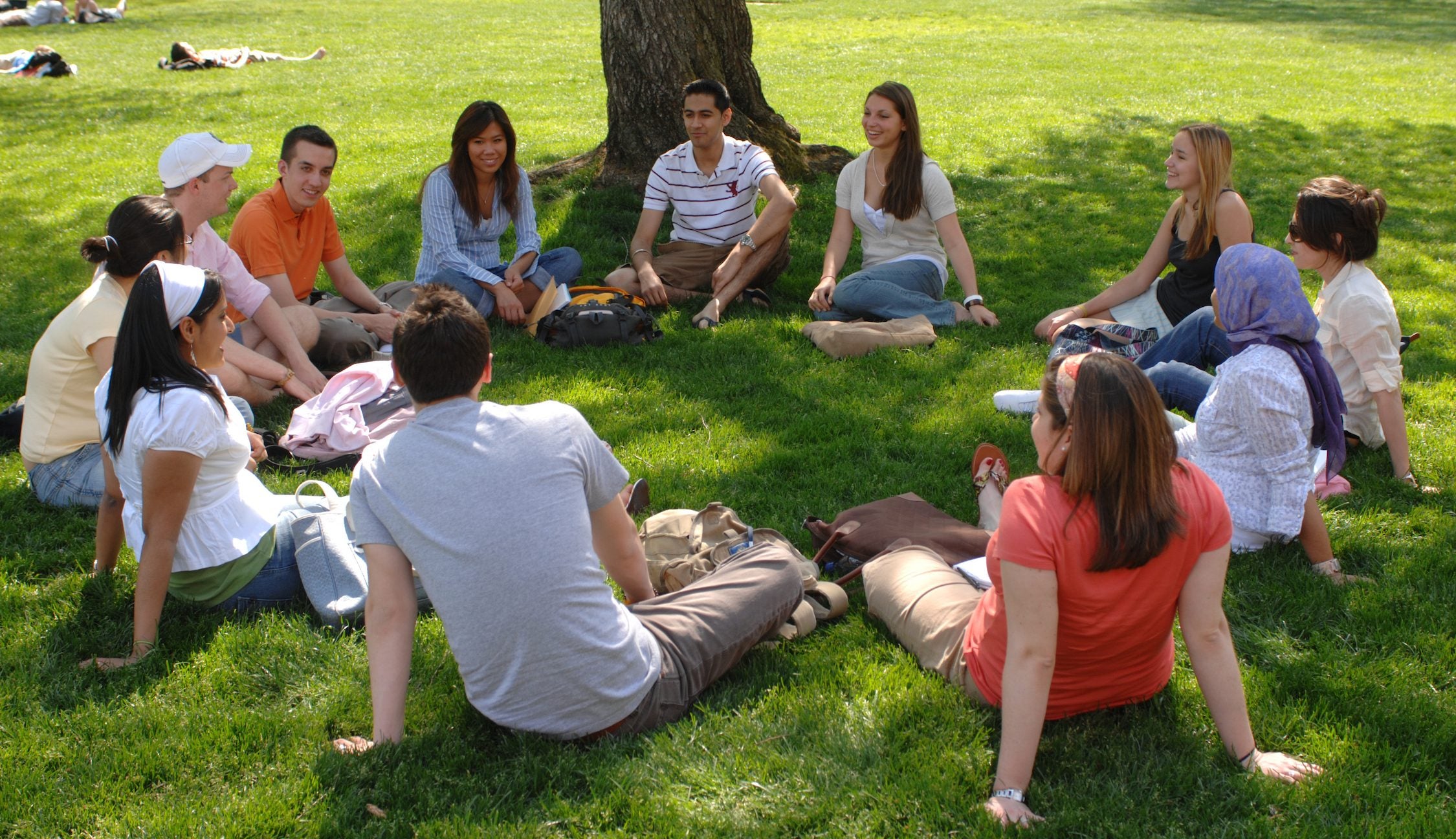
The SFS Faculty Council, with support from Georgetown College, approved a proposal to allow Walsh School of Foreign Service students to declare minors offered in other parts of the University in Fall 2019. The decision to allow minors was a student-driven initiative, based on their belief that they help a student diversify intellectually and provide benefits on the job market. For most of its history, SFS had not allowed minors, because they were seen as unnecessary given the School’s interdisciplinary curriculum. The proposal must still be ratified by the SFS School Council.
“Students have been making a strong case for minors for some time, and we appreciate their interest in moving this forward,” says SFS Dean Joel Hellman. “This is another important collaboration between the SFS and the College, and we plan to expand such joint efforts in the years to come.”
All minors in Georgetown College and other minors and certificates offered by the University will be open to SFS students, however, minors in Government, History or Economics will only be available to students whose majors are not in that field of study (e.g. a student majoring in International Economics will not be able to declare a minor in Economics). The interdisciplinary certificates within the School of Foreign Service already available to SFS students will remain unchanged. SFS students will be able to take two of any combination of minors and certificates.
“My hope is that SFS students will take advantage of minors both to round themselves out and to go deeper on subject areas that complement their SFS studies,” says Daniel Byman, SFS Vice Dean and Professor. “An SFS STIA major might minor in physics or computer science to gain additional depth on the science side of her education. Conversely, a STIA student might also minor in English or Anthropology to become more well-rounded. Another advantage of a minor from a learning point of view is that it is a structured set of classes. Thus students who complete it will gain a better understanding of the subject than if they did the same number of courses on their own.”